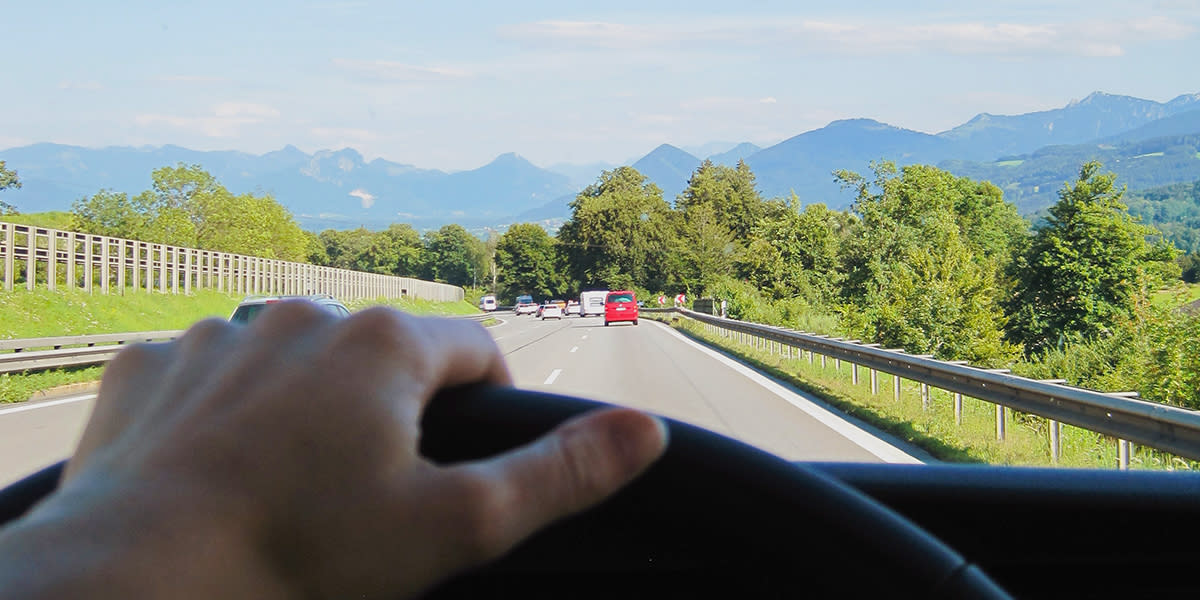Driving in Germany offers the freedom to explore its picturesque landscapes and vibrant cities with ease. For expatriates, obtaining a German driver’s license involves understanding local regulations and meeting specific requirements. This guide provides a step-by-step overview of how to get your driver’s license in Germany as a foreigner, including essential tips and processes.
1. Understanding License Transfer and Conversion
EU and EEA Licenses
If you hold a valid driver’s license from an EU (European Union) or EEA (European Economic Area) country, you can use it in Germany without needing to convert it. However, you must exchange it for a German license if you become a resident and your license is due to expire. The exchange process is relatively straightforward and typically involves submitting your license and a few documents to the local driver’s license authority (Fahrerlaubnisbehörde).
Non-EU Licenses
If your driver’s license is from a non-EU country, the process is more involved. Depending on the country, you may need to convert your license or obtain a German one through a driving school. The requirements for conversion vary, so it’s essential to check with the local driver’s license authority.
2. Steps to Obtain a German Driver’s License
A. Check the Validity of Your Current License
Verify whether your current driver’s license can be exchanged or if you need to apply for a new one. Check the specific requirements with your local Fahrerlaubnisbehörde or the German embassy/consulate in your home country.
B. Register with a Driving School
If you need to obtain a German driver’s license, enrolling in a driving school is the next step. Choose a reputable driving school that offers courses in English if needed. The school will guide you through the theory and practical training required for the German driving test.
C. Complete the Theory Test
The theory test covers German road signs, traffic rules, and regulations. It is typically available in multiple languages, including English. Prepare for the test by studying the German Road Safety Code (Straßenverkehrsordnung) and using practice tests provided by your driving school.
D. Pass the Practical Driving Test
The practical driving test assesses your driving skills and ability to operate a vehicle safely. Your driving instructor will prepare you for the test, which includes a road test with a certified examiner. Ensure you are comfortable with German driving regulations and road conditions before taking the test.
E. Submit Required Documents
When applying for a German driver’s license, you will need to submit several documents:
- A valid passport or ID card
- Proof of residence (Meldebescheinigung)
- Your current driver’s license
- A certificate of completion from a driving school (if applicable)
- A recent biometric photo
- Proof of passing the theory and practical tests
F. Pay the Fees
Fees for obtaining a German driver’s license vary depending on the region and whether you need to take additional tests. Expect to pay for the theory and practical tests, driving lessons, and administrative fees.
3. Temporary Driving Permits and International Licenses
International Driving Permit (IDP)
If you need to drive in Germany before obtaining a German license, consider applying for an International Driving Permit (IDP) in your home country. The IDP allows you to drive with your foreign license temporarily, usually for up to six months.
4. Adapting to German Driving Culture
Driving Rules and Regulations
Germany is known for its strict driving regulations and efficient road infrastructure. Familiarize yourself with local driving rules, such as speed limits (including the famous Autobahn speeds), right-of-way rules, and parking regulations. Understanding these rules will help you drive safely and avoid fines.
Road Signs and Signals
German road signs and signals may differ from those in your home country. Pay attention to road signs indicating speed limits, parking restrictions, and traffic conditions. German road signs are standardized and easy to understand once you become familiar with them.
5. Tips for Expats
Language Barriers
While many driving schools and testing centers offer services in English, some knowledge of German will be beneficial. Consider learning basic driving-related vocabulary to enhance your understanding and communication during the process.
Local Regulations
Stay informed about any local regulations or additional requirements in your specific region. Some areas may have specific rules or additional documentation needed for obtaining a driver’s license.
Obtaining a German driver’s license as a foreigner involves several steps, from verifying your current license to completing driving tests and submitting necessary documents. By understanding the requirements and preparing adequately, you can navigate the process smoothly and enjoy the freedom of driving in Germany. Embrace the opportunity to explore the country’s diverse landscapes and vibrant cities with your new German driver’s license.
